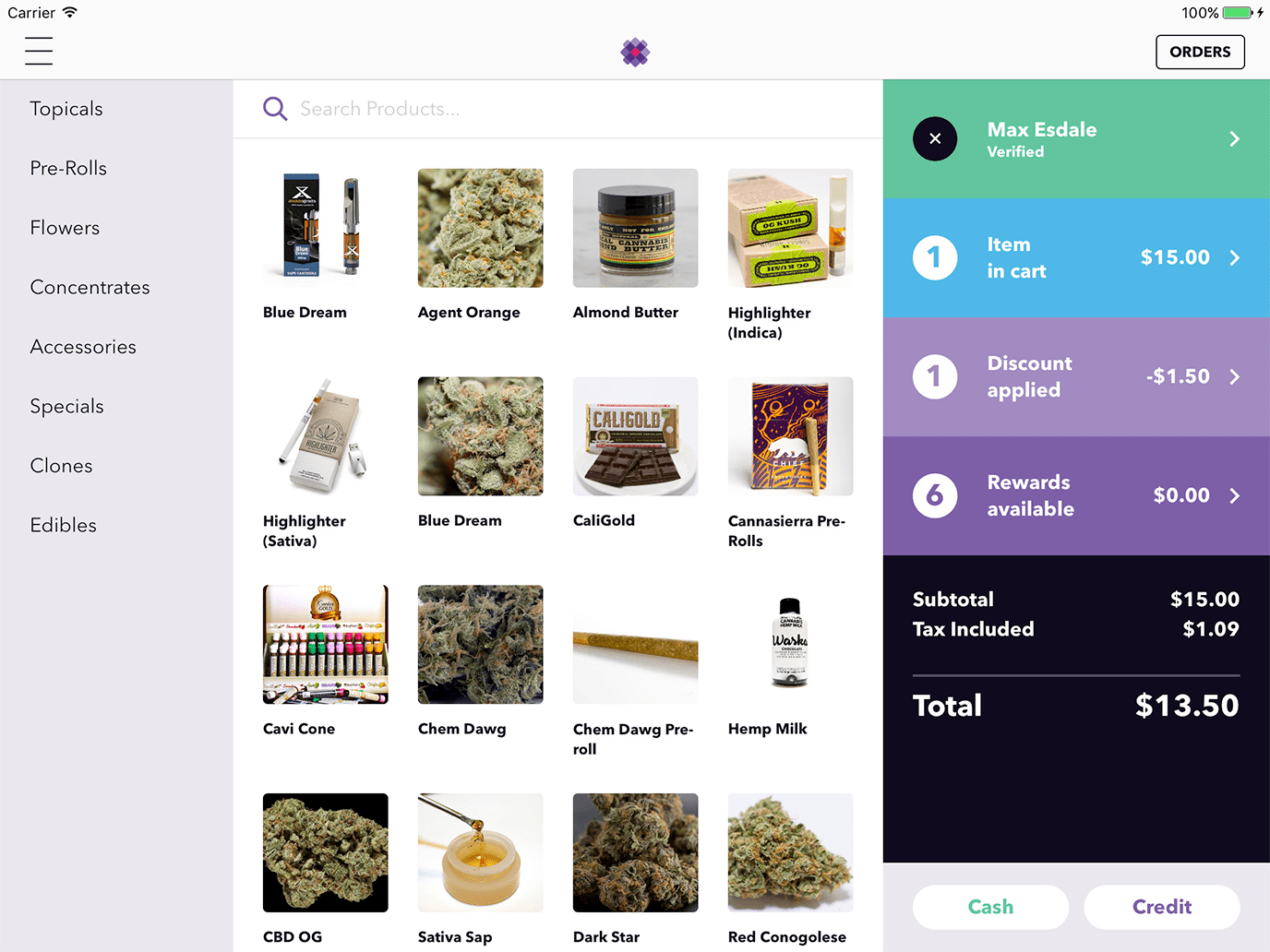Powering the Biggest Cannabis Industry in the World with Software
The story behind Y-combinators First Cannabis Company
“Only when I’m high..” casually thrown into conversation with friends..
“Socially” beside a cannabis sign on people’s Bumble profile, indicating that your potential match socially enjoys cannabis..
“Eaze it, bro” referring to a cannabis delivery company going to your address to deliver the goods.
Yes, this is in the United States of America in 2020. Cannabis is relatively accepted in some states especially California, where Elon Musk, the CEO of Tesla, smokes a joint with Joe Rogan, and although it ruffled some feathers, he still runs the company. Before it could get to this level of normalcy tho, the stakeholders in the legalization game have been pushing for better regulation (This has NOT stopped).

Cannabis is a $52 Billion industry in the United States and Americans LOVE cannabis (They consume 29.9 million pounts of cannabis). This is a massive industry and growing! Like any other fast-growing industry, there are significant headwinds. After all the Cannabis entrepreneurs we’ve had on the show, one overwhelming and consistent problem is REGULATION. The amount of regulation is increasing and getting more complex.
Sales Taxes, Excise Tax, Cultivation Taxes, State Taxes..
“Taxes are brutal.. We need Tax Reform for sure!” - David Hua
To be a business operating in an environment that is extremely dependent on your understanding of what the government dictates, is REALLLLLLLY hard. Like we’ve mentioned in our episode with Stacey Hronowski, founder of Canix, we learned that operators are spending about 1/3rd of their time in compliance. Basically every entrepreneur in this space needs to be an expert in compliance. Until now…
Entrepreneurs are starting to come in to make it easier for people to come into the space by making regulation easy. Think about it: Do you do your own taxes? Nah probably you use something like Turbo Tax.. You don’t generally know the fine print.. you don’t necessarily understand tax law but you do your taxes!
Recently, we talked to another cannabis entrepreneur that is helping remove the negative stigma on cannabis by building a community of passionate leaders in the cannabis space. We talked to the founder of the first cannabis company that Y-Combinator invested in.

Venturebeat.com
We talked to Hua… David Hua, founder of Meadow, a software company that is building solutions for cannabis entrepreneurs, especially on regulation. Meadow’s Point-of-Sale (PoS) system is what would be popular for consumers in California. If you’re a cannabis dispensary, you probably know Meadow for a lot of other things like Analytics and Reporting, Intake and Registration, and Enterprise Security.
Building the Cannabis Industry’s Back-end and Front-End Software Solution
Meadow has infamously been labelled as “…AWS powering the back end of the THC trade” according to Tech Crunch. Beyond the robust PoS system, they provide so much more expertise and infrastructure for every dispensary to comply with stringent regulation. Meadow prepares you for an audit and prepares you to scale. Their customers LOVE them. Just check out one of the cool videos that they’ve put online just about how much they highlight customers business and how much they like Meadow.
Why?
They’re a company that focuses on community-driven solutions. David and the Meadow team are there to help build the community. He himself is a part of a few groups that are pushing for better understanding and regulating of the cannabis industry. He’s a board member of California Cannabis Industry Association and Cannabis Distribution Association. He obviously cares… quite a lot!
The team also puts on this event called Meadowlands. It’s a gathering for the California Cannabis Industry. That might seem a little broad. But it is absolutely what you think it is: An event where regulators, entrepreneurs, enthusiasts, and activists get together to have a conversation. It’s a great place to learn and have an open dialogue about where the future of cannabis should be.

Check out our conversation with David Hua!


